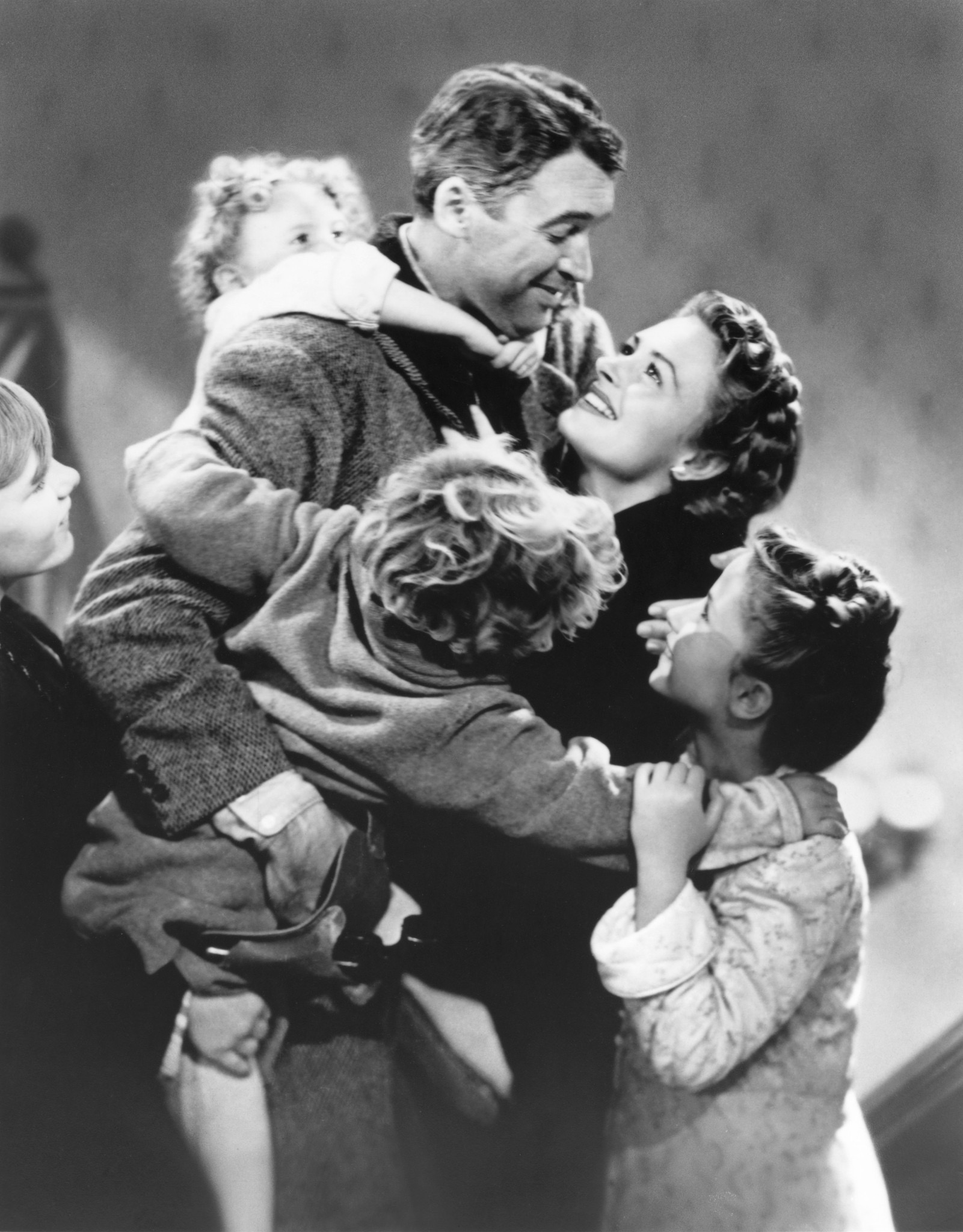What is a Human Life Worth?

Dear friends,
Do you have a favorite Christmas movie? There are the obvious ones, like White Christmas or A Christmas Carol. Maybe you prefer Die Hard, or Home Alone. If you are looking for something different, I can recommend “I’ll Be Seeing You” with Ginger Rogers and Joseph Cotton.
A perennial favorite is the 1946 classic It’s a Wonderful Life, starring James Stewart. It’s a human drama with elements of comedy and tragedy - at times the movie is very dark, spiritually speaking. Toward the end of the movie, the main character is about to commit suicide. He is talked out of it by an angel, who shows him what life would be like if he had not been born.
Although a commercial flop on its first release, the movie has grown in popularity over the years. Its continued relevance is due to the fact that it addresses fundamental questions about the value of human life.
The director Frank Capra said that “each man’s life touches so many other lives. And that if he isn’t around it would leave an awful hole.” And it’s true. At funerals, I sometimes say that there is a greatness to people’s lives, since the space or a void that they leave behind is one that no one else can fill. Most of us underestimate the effect and influence we have on the lives of those around us. The movie effectively reveals how profoundly each person’s life affects not only those closest to them, but society as a whole.
One of our callings as Christians is to develop an appreciation of the importance of human lives. We value the life of a homeless beggar as equal to the life of a great statesman or stateswoman. Everyone had a mother and father. At Christmas we celebrate a birth within the context of a family unit. The humble setting of Jesus, Mary and Joseph within a manger allows us to focus on what matters most: the life-giving flow of love between them.
Jesus is born into a world of sin. One of the greatest sins is to deny our common humanity. An example of how human beings fail this test occurred last month, when the CEO of a large Health Insurance Company was killed in cold blood on a New York Street. A young man was arrested and charged with first degree murder. The alleged killer appears to have been motivated by "ill will" towards corporate America. His “manifesto” included passages such as "frankly, these parasites had it coming.”
Sadly, this kind of thing has happened before and will happen again. What is troubling however, is the response of a large number of the public. A week after the murder, a poll was taken among people aged 18-29 years old. To the question, “was the killing acceptable?” 41% said yes. Within this figure, 17% claimed the killing was “fully justified.”
As I stop and consider this statistic, it occurs to me that something has gone very wrong in the way that we have educated our children. We have taught them to see people as symbols instead of people. It means that, if you hate the thing the symbol represents, you destroy the symbol as an act of protest. This attitude is common in totalitarian regimes, where dissenting members of the population are imprisoned, tortured and murdered by the government. What is disturbing is to discover that this view has purchase in an open, democratic society. And, if this statistic in itself were not bad enough, we now have the spectacle of sick comedians on television mocking the dead man for cheap laughs.
The man who was shot dead leaves behind a widow and two children. I imagine their grief at this time, compounded by disbelief at the callous response of so many of their peers. We are not as civilized as we imagine ourselves to be. It is a failure of imagination as much as of sympathy. What can we do to change people’s minds and inculcate in them a respect for human life?
I recall the words of Psalm 8:5-6, where the psalmist marvels at the fact that God cares for every human being,
What is man, that you should be mindful of him;
the son of man, that you should seek him out?
You have made him little lower than the angels
and crown him with glory and honor.
We are all members of a human family, blessed by God. Our work as Christians is to continue to uphold the value of every human life and to speak out against the dehumanizing and death-dealing forces in our society. We look to Christ to save us from shallow thinking and sinful actions. Nearly 1,600 years ago on Christmas Day, St. Leo the Great preached a sermon in which he said,
O Christian, be aware of your nobility - it is God's own nature that you share: do not then, by an ignoble life, fall back into your former baseness
Every human being shares in God’s nature. When we value each person, regardless of status or background, we are honoring the God who made us all. However, when people become merely symbols, we are denying not only their humanity but our own. We have instead become the very thing we claim to be against.
Father David


0 Comments
There are no comments.
Stay Tuned
Sign-up for David's newsletter